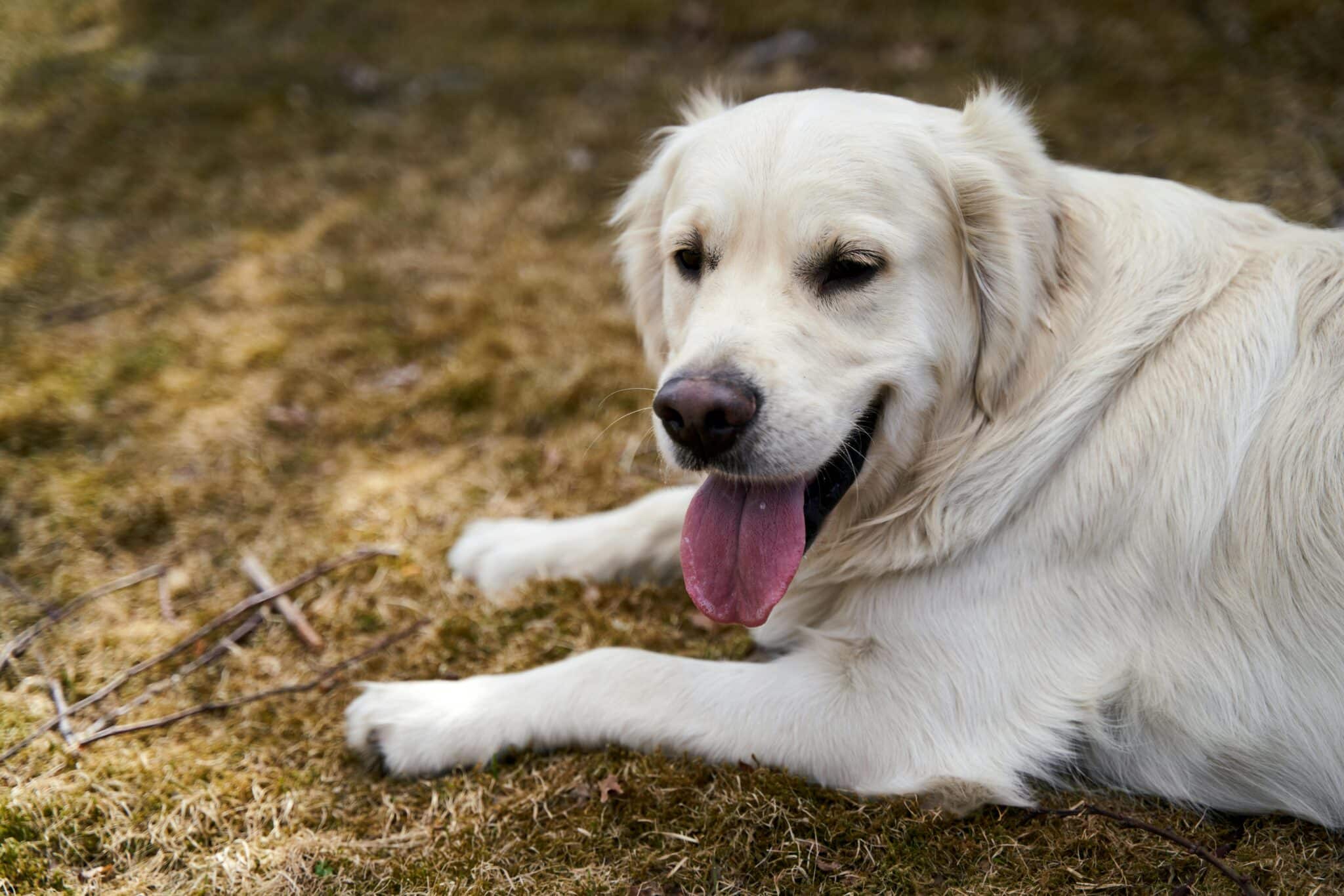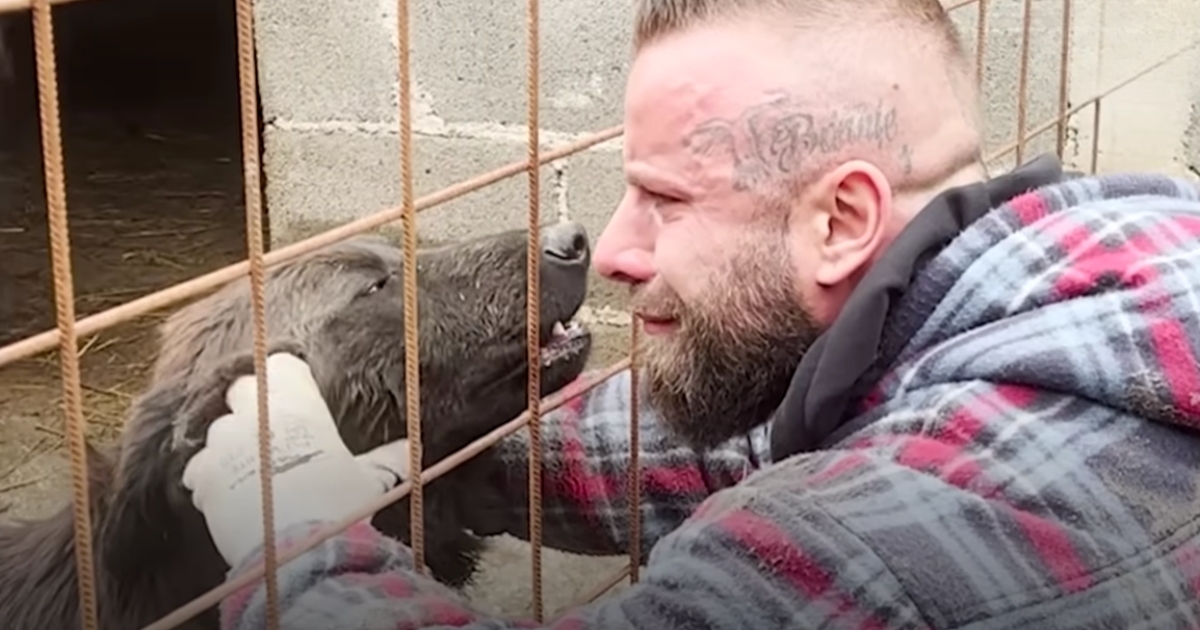
1. How can I tell if my Golden Retriever is entering their senior years?
Golden Retrievers are typically considered seniors around 7 to 8 years old. Signs that your Golden Retriever is entering their senior years include a noticeable decrease in energy levels and a preference for more restful activities. They may become less enthusiastic about long walks or playtime and spend more time napping. Physical changes, such as graying fur around the muzzle and eyes, a duller coat, and a decreased muscle tone, are common indicators of aging. Additionally, they might experience stiffness or difficulty moving, especially after resting, which can indicate arthritis. Behavioral changes, like increased anxiety, confusion, or sleep patterns, may also occur. Regular veterinary check-ups are essential to monitor these changes and manage emerging health issues, ensuring your Golden Retriever remains healthy and comfortable in their senior years.
2. What are common health issues in aging Golden Retrievers?
Aging Golden Retrievers are prone to several common health issues. Arthritis and hip dysplasia are prevalent, leading to joint pain and stiffness that can affect mobility. Golden Retrievers are also at risk for obesity, which can exacerbate other health problems like diabetes, heart disease, and joint issues. They are prone to certain types of cancer, including lymphoma and hemangiosarcoma. Eye conditions, such as cataracts and progressive retinal atrophy, can lead to vision loss. Additionally, older Golden Retrievers may develop hypothyroidism, causing weight gain, lethargy, and skin problems. Regular veterinary care, including blood tests, cancer screenings, and eye exams, is crucial for early detection and management of these conditions, ensuring a good quality of life for your aging Golden Retriever.
3. How should I adjust my Golden Retriever’s diet as they age?
As Golden Retrievers age, their metabolism slows down, and they may become less active, increasing the risk of weight gain. It is important to adjust their diet to maintain a healthy weight and support their overall health. Senior dog food formulas are typically lower in calories but contain higher levels of essential nutrients, such as protein and fiber, to support aging muscles and digestion. These formulas often include supplements like glucosamine and chondroitin for joint health and omega-3 fatty acids for a healthy coat and skin. It’s also beneficial to feed smaller, more frequent meals to aid digestion and prevent obesity, which Golden Retrievers are prone to. Always ensure your Golden Retriever has access to fresh water. Consult your veterinarian to create a diet plan tailored to your dog’s needs, especially if they have health issues like arthritis or hypothyroidism.
4. How much exercise does an aging Golden Retriever need?
While aging Golden Retrievers may not have the same energy levels as in their younger years, regular exercise is still important for maintaining their health and mobility. Aim for at least 30 to 45 minutes of light to moderate exercise daily. This can include short walks, gentle playtime, or indoor activities like fetching a soft toy. Exercise helps maintain a healthy weight, strengthens muscles, and supports joint health, which is particularly important for Golden Retrievers prone to arthritis and hip dysplasia. Be mindful of their physical limitations and watch for signs of fatigue or discomfort, adjusting the intensity and duration of exercise accordingly. Mental stimulation is also important, so include activities like puzzle toys or training exercises to keep their minds sharp. Always consult your vet before changing your exercise routine, especially if they have existing health issues.
5. How can I help my Golden Retriever manage arthritis?
Arthritis is common in aging Golden Retrievers, causing joint pain and stiffness. To help manage arthritis, maintain a healthy weight for your dog to reduce stress on their joints. Provide a comfortable orthopedic bed to support their joints while they rest. Regular, low-impact exercise, such as gentle walks or swimming, can help maintain mobility and muscle strength. Dietary supplements like glucosamine and chondroitin can support joint health, and omega-3 fatty acids can reduce inflammation. Your veterinarian may also recommend anti-inflammatory medications or pain relievers to manage discomfort. In some cases, physical therapy or acupuncture may be beneficial. Regular veterinary check-ups are crucial for monitoring the progression of arthritis and adjusting the treatment plan as needed.
6. Should I be concerned about my Golden Retriever’s dental health?
Dental health is crucial for aging Golden Retrievers, as they are prone to dental issues such as plaque buildup, gum disease, and tooth decay. Poor dental health can lead to pain, difficulty eating, and more serious health problems like heart disease. Regular brushing with dog-specific toothpaste is the best way to maintain dental hygiene. Dental chews and toys designed to clean teeth can also help reduce plaque and tartar buildup. It’s important to schedule annual dental check-ups with your vet, who can perform professional cleanings and address any issues early on. If your Golden Retriever shows signs of dental problems, such as bad breath, drooling, or reluctance to eat, seek veterinary care immediately. Maintaining good dental hygiene can significantly improve their health and quality of life.
7. How can I keep my aging Golden Retriever comfortable at home?
Consider making a few adjustments around the home to keep your aging Golden Retriever comfortable. Provide a supportive orthopedic bed to relieve pressure on their joints and ensure they have a warm, cozy place to rest. Consider using ramps or pet steps if your Golden Retriever has difficulty navigating stairs or getting onto furniture. Keep their food and water bowls comfortable to reduce strain on their neck and back. Ensure their living area is free from drafts and maintains a comfortable temperature, as older dogs can be more sensitive to cold. Regular grooming, including cleaning their ears and checking for any skin issues, is important to prevent infections and keep them comfortable. Maintaining a calm and quiet environment can help reduce anxiety and stress, especially if they have developed vision or hearing impairments.
8. What should I do if my Golden Retriever loses hearing?
If your Golden Retriever is experiencing hearing loss, there are several ways to help them adjust. Use hand signals or visual cues for commands, as these can be more effective than verbal ones. Ensure you approach them from the front to avoid startling them, and consider using vibrations, such as gently tapping the floor or bed, to get their attention. Creating a consistent routine can help them feel secure and reduce anxiety. Keep them on a leash outside, as they may not hear potential dangers like approaching vehicles. Avoid loud noises that could startle them at home and provide a safe, calm environment. Consult your vet for further advice and possible treatments, and consider using products like vibrating collars if recommended.
9. How do I manage my Golden Retriever’s weight as they age?
Managing your Golden Retriever’s weight is crucial as they age to prevent obesity and related health issues like diabetes and joint problems. Adjust their diet to include fewer calories, and opt for high-quality senior dog food with balanced nutrients. Measure their food portions accurately and avoid giving them too many treats. Incorporate regular, moderate exercise into their routine to help maintain a healthy weight and muscle mass. Activities like short walks, gentle play, or even swimming are ideal, as they provide exercise without straining the joints. Regular weigh-ins and veterinary check-ups can help monitor their weight and overall health. Addressing weight management early can prevent more serious health complications and improve their quality of life in their senior years.
10. How can I mentally stimulate my aging Golden Retriever?
Mental stimulation is important for aging Golden Retrievers to keep their minds sharp and prevent cognitive decline. Engage them with interactive toys, such as puzzle feeders, which can challenge their problem-solving skills and provide entertainment. Training sessions, even if just reinforcing basic commands, can be mentally stimulating and help maintain their cognitive abilities. Scent games, like hiding treats for them to find, can also be enjoyable and mentally engaging. Regular socialization, whether with other dogs or new people, can provide new experiences and mental engagement. Keep activities short and positive, and tailor them to your dog’s needs and energy levels. Regularly rotating their toys and introducing new ones can keep their interest piqued and prevent boredom.






